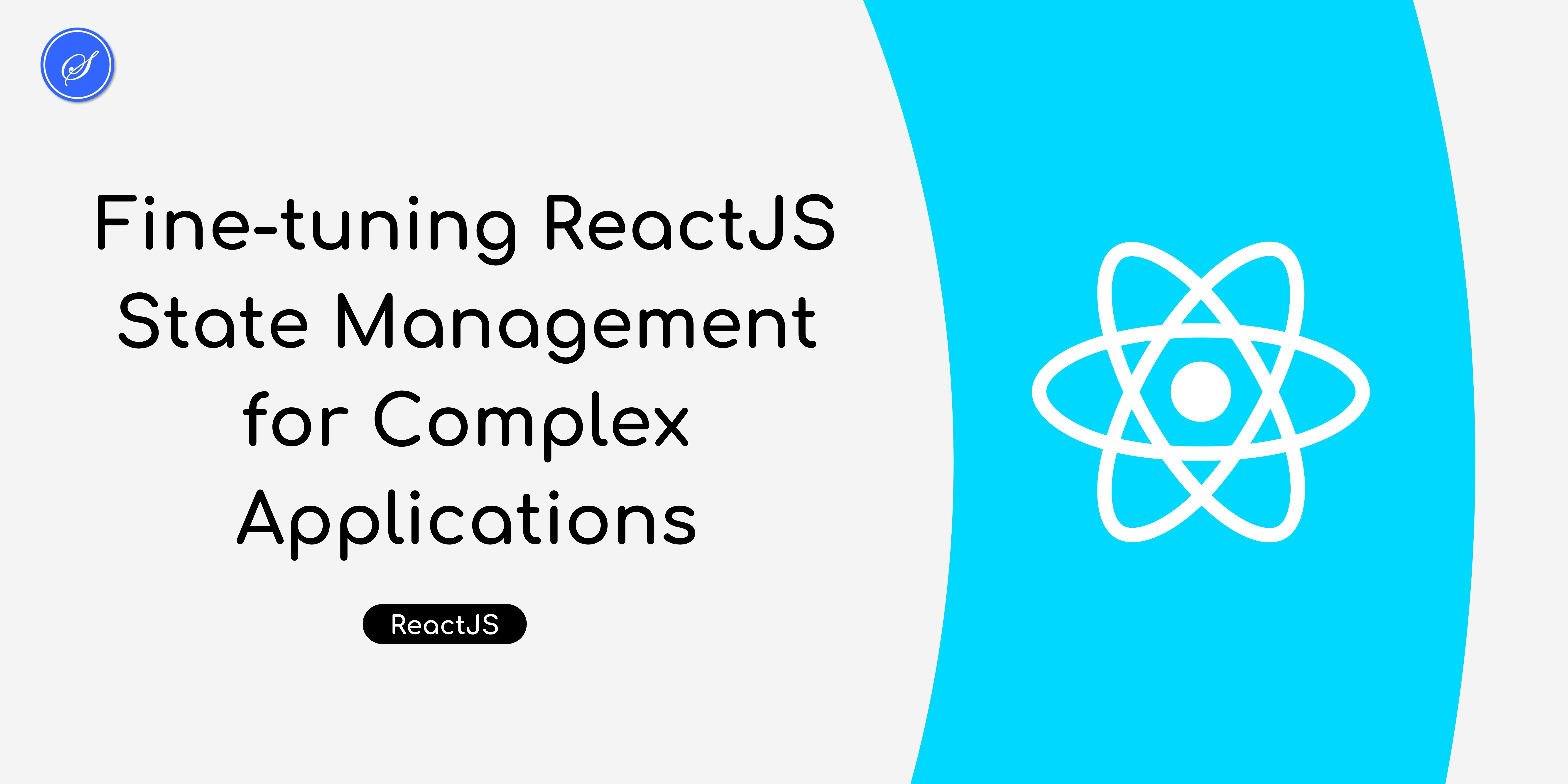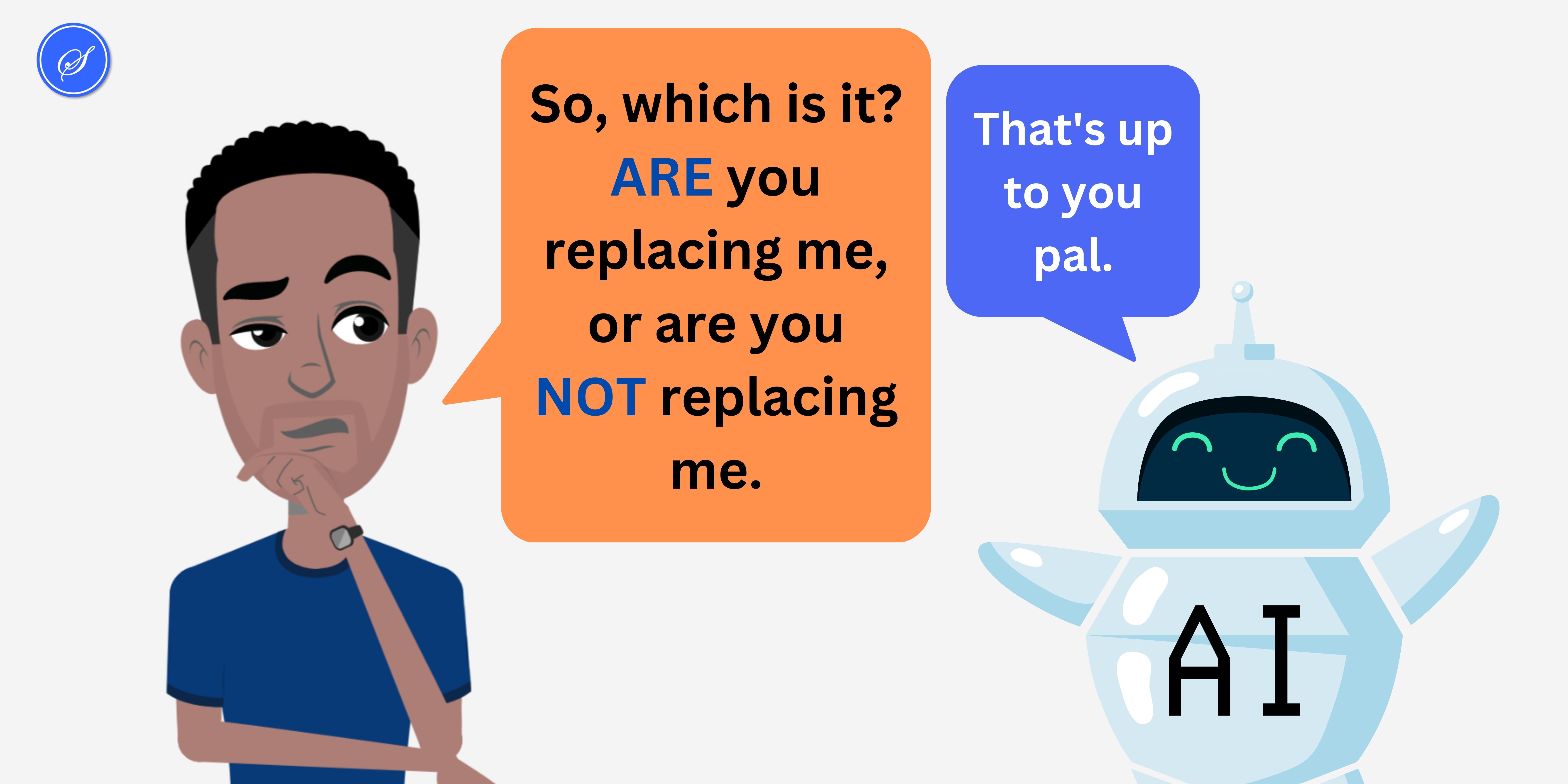Fine-tuning ReactJS State Management for Complex Applications

ReactJS stands out for its robust state management capabilities, making it a preferred choice for building dynamic and interactive user interfaces. However, as your applications evolve in complexity, it becomes imperative to refine your approach to state management. In this article...

Advanced Query Techniques in Django's ORM

As a seasoned Django developer, you're likely well-acquainted with the power and convenience that the Django Object-Relational Mapping (ORM) system provides. However, to truly master Django development and optimize your database interactions, it's crucial to delve into advanced query techniques offered by the Django ORM.

Journeying Through a CS50 Online Course: Tips from My Experience with CS50W and Earning Their Certificate

Picture this: a real estate professional, with a bachelor's and master's degree in the field, embarking on a transition into software engineering. If you're imagining that, then you're basically picturing my life's story. Well, this article does not cover that entire story, but an important part of it that was foundational to my career pivot: CS50, the course that got me started on my web development journey.

Battle-Tested Tips for Debugging Django and React Apps

Hey there, fellow code explorer! If you're reading this, you probably know that building web applications with Django and React can be incredibly rewarding. However, it's not all smooth sailing; sooner or later, you'll find yourself navigating the maze of bugs and issues. Fear not, for in this blog post, I'll share some hard-earned wisdom on testing and debugging these dynamic duos.

Will AI Really Do Away With Software Engineers?

I am one of many software engineers who have had concerns about AI doing away with our careers just by its mere existence. The recent developments in the field only made it worse. Many of my colleagues also had concerns about how...

What's in the newsletter?

